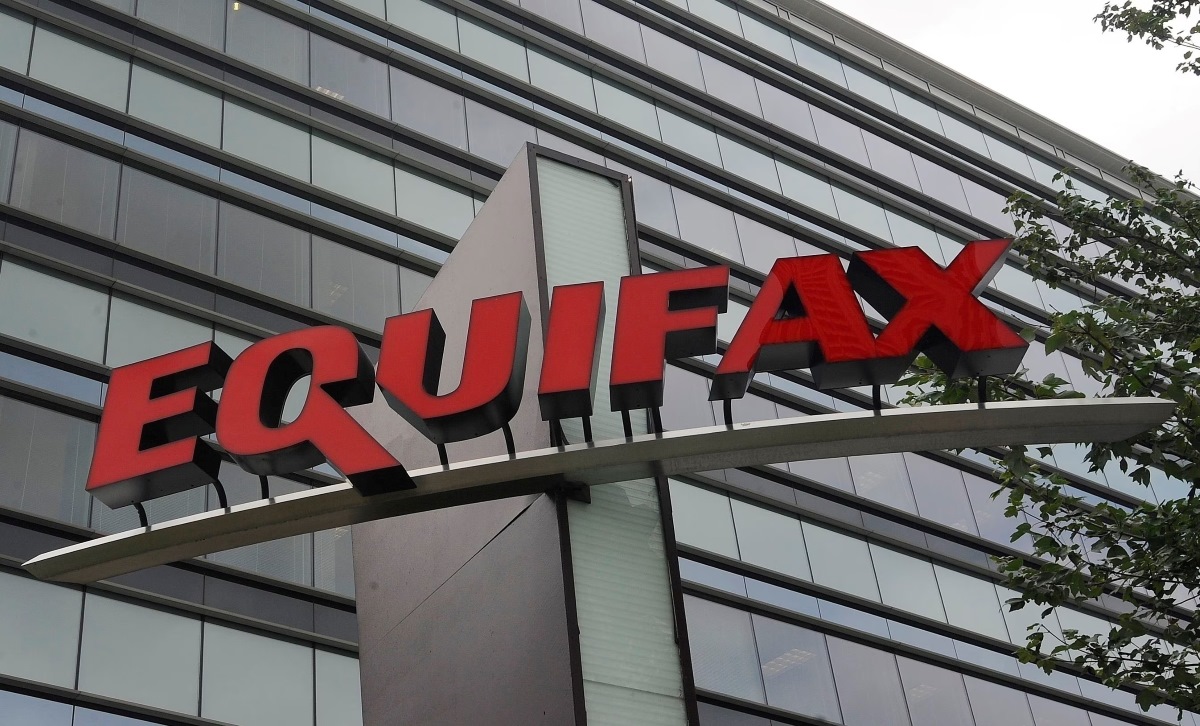Home>Finance>Advertorial: Definition, Examples, Effectiveness, Ethical Issues


Finance
Advertorial: Definition, Examples, Effectiveness, Ethical Issues
Published: October 3, 2023
Discover the importance of finance in our daily lives and explore the definition, examples, effectiveness, and ethical issues surrounding this crucial field.
(Many of the links in this article redirect to a specific reviewed product. Your purchase of these products through affiliate links helps to generate commission for LiveWell, at no extra cost. Learn more)
Advertorial: Definition, Examples, Effectiveness, Ethical Issues
Do you ever come across articles online that seem like informative blog posts but are actually written to promote a product or service? Chances are, you’ve stumbled upon an advertorial – a commonly used marketing technique that blends advertising with editorial content. In this blog post, we’ll explore the concept of advertorials, give you some real-life examples, discuss their effectiveness in marketing campaigns, and touch upon the ethical issues surrounding them.
Key Takeaways:
- An advertorial is a type of advertising content that resembles editorial articles but aims to promote a product or service.
- Examples of advertorials can be found in magazines, online blogs, and sponsored content on social media platforms.
What is an Advertorial?
Advertorials are a clever marketing strategy that blends advertising and editorial content to engage the reader while subtly promoting a brand, product, or service. They are designed to mimic the style and tone of the surrounding editorial content, making it difficult for readers to distinguish between the two. Often, advertorials are used to educate consumers about a specific product or service in a more engaging and informative manner than traditional advertising methods.
Real-life Examples
Advertorials can be found in various formats, such as magazines, online blogs, and sponsored content on social media platforms. Here are a couple of examples:
- Magazines: Flip through a fashion magazine and you’ll likely come across an article discussing the latest skincare products. While the article may seem like an unbiased review, it may actually be an advertorial promoting a particular brand’s skincare line.
- Online Blogs: Many bloggers partner with brands to create advertorials that seamlessly integrate sponsored content into their regular blog posts. From travel experiences to product reviews, these advertorials often provide useful information to the readers while subtly endorsing the brand.
- Social Media: Influencers on social media platforms often create sponsored content that functions as advertorials. They may showcase a product or service within their regular content, providing personal reviews and recommendations to their followers while subtly advertising the brand.
Effectiveness of Advertorials
When done well, advertorials can be highly effective in capturing the attention of consumers. Unlike traditional advertisements, advertorials create a sense of legitimacy and credibility as they offer informative and engaging content. By integrating promotional messages within the editorial context, advertorials can establish trust with the readers and encourage them to consider purchasing the advertised product or service. Moreover, advertorials allow brands to target specific demographics and niche markets, ensuring their message reaches the right audience.
Ethical Issues
While advertorials can be an effective marketing tool, they also raise ethical concerns. Since advertorials blur the line between advertising and editorial content, readers may feel deceived or manipulated when they realize they were exposed to promotional material disguised as unbiased information. It’s important for brands and publishers to clearly label advertorials as sponsored content to maintain transparency and avoid misleading their audience.
In conclusion, advertorials are a creative approach to marketing that blends advertising with editorial content. When used ethically and disclosed transparently, these advertising pieces can provide valuable information to consumers while promoting brands and products. So, the next time you come across a seemingly objective article, remember to carefully consider whether it might be an advertorial in disguise.














